Chuck Dixon: Only “Hacks” Rely On Joseph Campbell’s Hero’s Journey Storytelling Structure
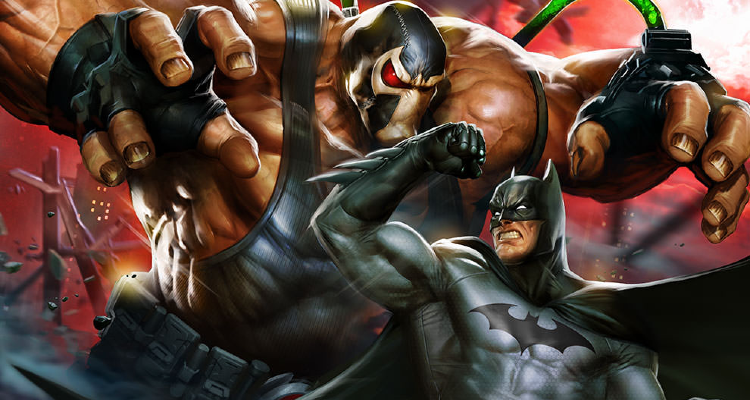
Bane co-creator Chuck Dixon recently shared his opinion that writers who adhere too stringently to the ‘Hero’s Journey’ model of storytelling, as popularized by American literary professor Joseph Campbell, are nothing more than creative ‘hacks’.
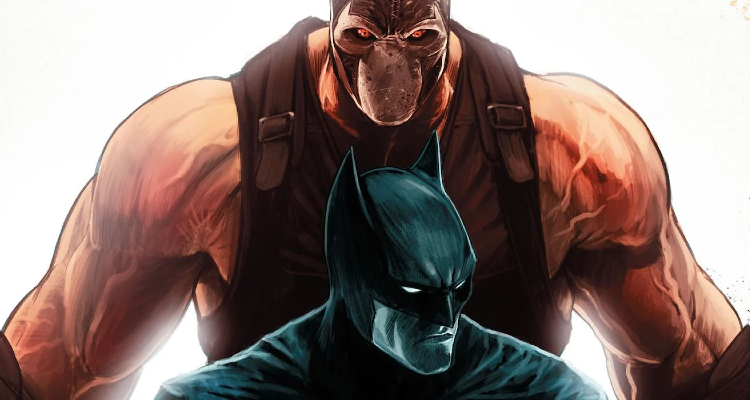
Related: Catholic Radio Host Says Enola Holmes Is “The Most Evil Movie To Ever Be Made”
Having much to teach aspiring writers, Dixon has, in recent years, regularly taken the time to share his personal wisdom and insight as a veteran creator of the American comic book industry with up and coming creatives through his signature series of vlogs, Ask Chuck Dixon.
In the series’ latest episode, #41 as of writing, Dixon offered insight into which types of storytellers he does not listen to when crafting a narrative.
Related: Letterer Jim Campbell Blasts DC Comics and Tom King for Watchmen Spin-off Series Rorschach
During the episode, viewer ‘Shilling Spree’ asked Dixon if he ever incorporated any aspect’s or the late Campbell’s “Hero’s Journey”, as outlined by the literary scholar’s book The Hero With a Thousand Faces.
In response, Dixon admitted that he was “not a fan” of Campbell’s principles, noting that his biggest problem with Campbell and his works, particularly his attempts to deconstruct the emotional resonance behind such stories and legends, stemmed from the latter’s role as an academic rather than as a fiction writer or storyteller.
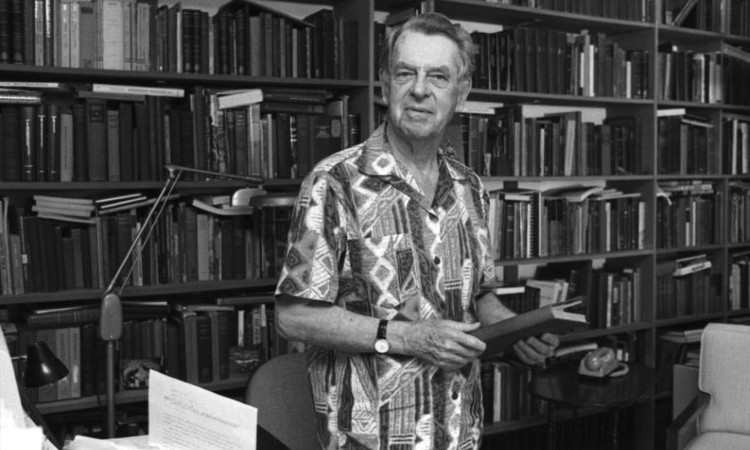
Joseph Campbell
Related: Bane Creator Chuck Dixon Explains Why Current Writers Can’t Tell Good Superman Stories
Campbell, convinced during his time that people innately shared a desire for the same kind of story, believed in and championed the concept of a template that was “hardwired into our brain” across civilizations and throughout time.
He believed that many stories followed this template, and explained to his peers that the template was a common path of steps for peoples and mystical figures of all cultures to follow in order to complete their journeys.
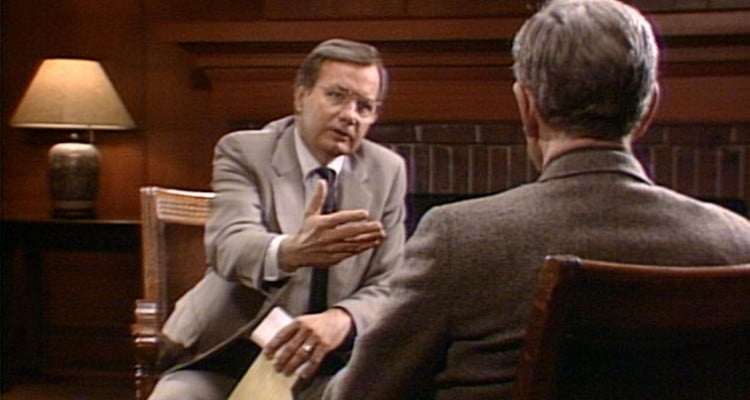
Related: Prolific Batman Writer Chuck Dixon Reveals DC Comics Editorial Wanted To Change Bane’s Name
Dixon says he’s met writers during his career in comics and in Hollywood who swore by this template and calls them “hacks.” Speaking specifically to Campbell himself, Dixon feels Campbell pontificates about the power of these timeless stories and the myths surrounding them, but doesn’t come to conclusions Dixon himself appreciates as a storyteller.
“Most of those writers are hacks, the ones who embrace this, because…it tells you that as long as you follow the right moves you’ll have a successful story,” Dixon said. “And it doesn’t take into account all the many variables of the human psyche as if we are not all unique.”

Related: WandaVision Actress Teyonah Parris Confirms When The Show Takes Place In The MCU Timeline
Continuing, he explained how each of us, writers especially, is unique and has a unique perspective, “unless, of course, you’re hacking and when you’re hacking you’re just following formula, you’re just lining up the tropes,” and putting together a mechanically-derived conflict with a beginning, a middle, and an end.
“Now you can be very successful as a hack, but I don’t think you can be very happy as a hack,” Dixon added.
Dixon recalled how these writers had repeatedly told him that there are only two types of storylines, “Cinderella and Goldilocks.” Similarly, Dixon noted that one might also hear the two archetypes referred to as man vs. nature (external threats), which features an ‘acted-upon’ hero, or man vs. self (internal strife), which conversely explores a hero’s active decisions.
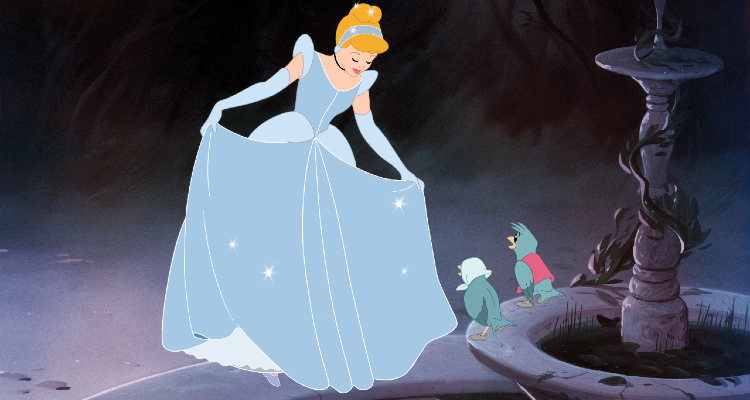
Related: Mark Hamill Dunks On Rian Johnson, The Last Jedi, And The Whole Disney Sequel Trilogy
Dixon doesn’t buy into this thinking, saying “when you think about it, it’s ridiculous because so many stories do not fit into Cinderella or Goldilocks, whatever that means.”
He then illustrated his point by observing how classic films such as Casablanca, 2001: A Space Odyssey, The Seven Samurai, and Easy Rider can be twisted to fit that mold, despite none of these films having a clearly defined “Goldilocks” or “Cinderella”-type character. “They don’t fit at all and you can’t make them,” says Dixon.

Related: After Star Wars Condemns Bullying, Gina Carano Haters Call For Her To Be Fired
More than the writers he says are into the craft “for all the wrong reasons,” Dixon finds fault with producers who embrace Campbell’s outline as a recipe for making the perfect picture. Dixon noted that he found it sad how some producers will break storytelling down to a soup based on instinctive or genetic desires, allowing for few variations and no consideration of individual experience.
And the advent of computers is taking its toll as well, as Dixon recalls how a collaborator once told the veteran comic book creator that a piece of software had determined that a story needed a certain kind of scene at the end of Act 2. In response, Dixon reacted by asking “Are you crazy? A computer told you this and you think that’s good?”
“That’s not good,” he observes, because it leads to the loss of surprise. But, as Dixon observed, “producers don’t care about surprise, they care about box office,” trying to minimize risk and make the most money.

Often, that means creating unnecessary characters, love interests, or chasing trends to the point of ripping them off. Using the Cannon film Ninja 3: The Domination as an example, Dixon explained that the film used elements of Flashdance, as well as the spiritual possession aspect of The Exorcist, because it was popular at the time.
“This is the kind of ‘thinking’…that producers do and unfortunately Joseph Campbell has kind of given them the keys to this whole tedious…realm of thought that takes individuality in writing out of the equation and replaces it with a checklist,” said Dixon.

He added that writers don’t want a checklist. They really want to “free-wheel it and come up with as many crazy ideas as you can.” Ignoring that, Dixon warns, is why we get so many redundantly plotted movies from Amazon and Netflix – where he reminds his viewers the burnout archetype who returns home to “a pit of evil” is a cliche in many of their shows.
He concludes, “Back in the day, the hero’s journey was he arrived, he kicked ass, he got the girl and that was the end of the movie. He didn’t learn anything,” no matter how many editors or producers wanted him to. In Dixon’s opinion, kicking ass and not learning anything is great storytelling and “a perfectly serviceable Hollywood model”.
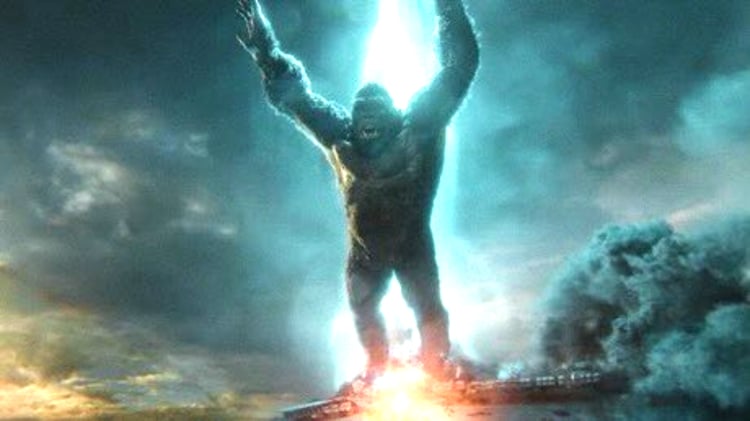
What do you make of Dixon’s thoughts? Let us know your own opinion on social media or in the comments down below!
More About:Celebrity Comic Books Movies
